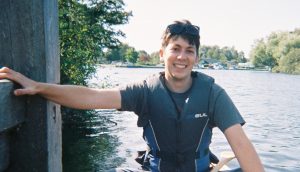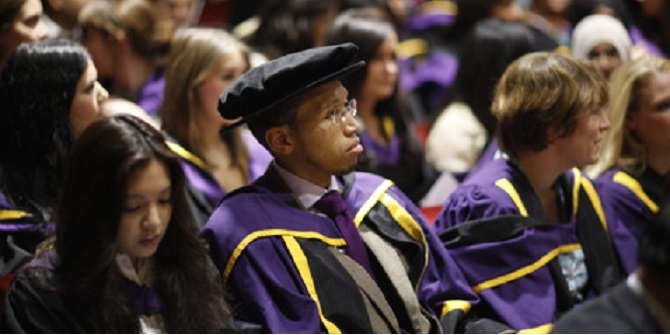Rhys Madden, PhD student in Anthropology, completed a UKRI supported PhD Internship with Natural England earlier this year.
After applying for the internship in September 2020, Rhys interned with Natural England from February to May 2021, during the second year of his Anthropology PhD. Rhys writes:
“My own experience with interning during my PhD was unexpected, and continues to lead me in new directions now it’s complete. I first heard about PhD internships through the Policy Internship Scheme available to UKRI-funded students. At the time (summer 2020) I was waiting to begin my anthropology fieldwork, and the idea of contributing to policy in any direct way was quite far from my mind! But as I read through the list of partner organisations in the scheme – of which applicants choose a first and second choice – I hoped that one of the organisations dealing with environmental issues might take a chance on my skill set.
It was lucky I applied because, though I did not know it at the time, Natural England were looking for candidates from a social science background to contribute to a major coastal project. They are involved in delivering LIFE Recreation ReMEDIES, a multi-party initiative to restore seagrass habitats on the south coast of England. More specifically, the social science team are working with others to reduce the impact of recreational boating on at-risk habitats.
The lasting impact of the internship is probably on my own way of thinking
The Policy Internship Scheme meant I occupied a very useful middle ground where I had support from Natural England but plenty of independence as well. Because the three-month internship was funded through an extension to my PhD funding, Natural England wanted to ensure that I designed a project which aligned with my own interests. This led me to investigate how recreational boaters more generally think about themselves, their community and their activity. I used stories and life histories to contextualise contemporary attitudes towards seagrass restoration. Due to Covid-19 restrictions, the research involved online interviews, some digital ethnography, and a survey.
Being outside of Natural England meant I was able to take a wider remit than the work they had committed to in the ReMEDIES project proposal. But Natural England also supported me in helping this research project to have a lasting impact. I presented the findings to the ReMEDIES partner organisations, where we spoke about consequences for communication and outreach. I also presented the findings in a different format to the social science team, where we discussed the challenges of incorporating anthropological approaches into applied social science research. However, the most lasting impact of the internship is probably on my own way of thinking about the opportunities in marine conservation, where there seems to be a growing appetite for the input of social scientists.
Interning during my PhD helped me through the tumult of Covid-19 and its impact on research, while also opening up new directions I hadn’t thought of before. It’s an opportunity I would highly recommend!”





